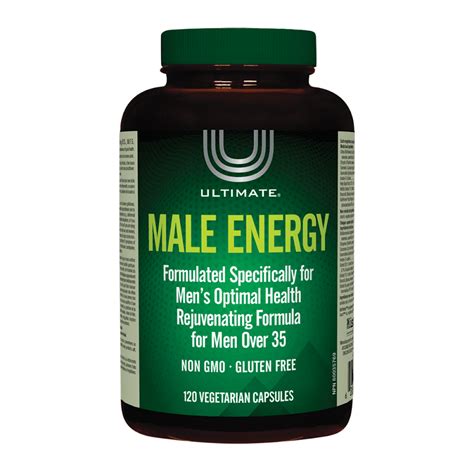Understanding Workout Energy Crashes
Hitting a wall mid-workout isn’t just frustrating; it can derail your progress and motivation. For men striving to maximize their performance, build muscle, or simply maintain an active lifestyle, proper fueling is paramount. An energy crash is often a direct result of inadequate or improperly timed nutrition, leading to dwindling stamina, reduced strength, and even premature fatigue. Understanding how your body utilizes different fuel sources is the first step toward sustained energy and peak performance.
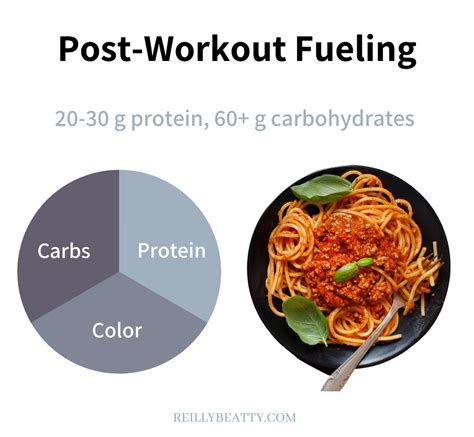
The Power of Carbohydrates: Your Primary Energy Source
Carbohydrates are your body’s preferred and most efficient source of energy, especially during intense physical activity. They are broken down into glucose, which fuels your muscles and brain. Ignoring carbs or consuming the wrong types can quickly lead to depleted glycogen stores and, consequently, an energy crash.
Complex Carbs for Sustained Power
Prioritize complex carbohydrates like whole grains, oats, brown rice, quinoa, and sweet potatoes for meals 2-4 hours before your workout. These digest slowly, providing a steady release of glucose into your bloodstream, ensuring sustained energy throughout your session without a sharp insulin spike and subsequent crash.
Simple Carbs for Immediate Boost
Closer to your workout (30-60 minutes prior), or during very long, intense sessions, a small amount of simple carbohydrates from sources like fruit (banana, berries) or a sports drink can offer a quick energy boost. However, rely on these sparingly to avoid blood sugar rollercoaster effects.
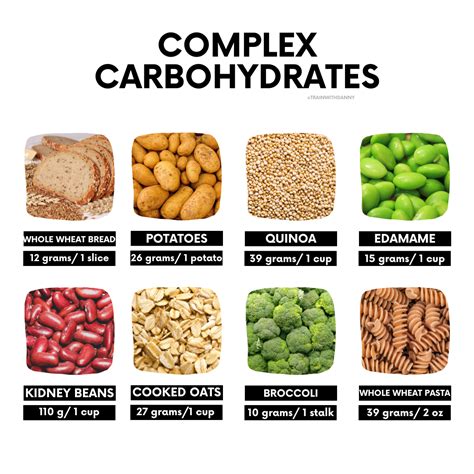
Protein: The Muscle Builder and Satiety Provider
While not a primary energy source during exercise, protein plays a critical role in workout recovery, muscle repair, and growth. Consuming adequate protein also contributes to satiety, helping to regulate appetite and prevent overeating, which can lead to sluggishness.
Include lean protein sources such as chicken breast, turkey, lean beef, fish, eggs, Greek yogurt, or plant-based proteins (lentils, beans, tofu) in your meals throughout the day. A protein-rich meal a few hours before your workout can also help stabilize blood sugar and prevent hunger pangs.
Healthy Fats: Long-Term Energy and Hormonal Support
Fats are essential for overall health, hormone production, and provide a concentrated source of energy for longer, lower-intensity activities. However, due to their slower digestion rate, they are not ideal for immediate pre-workout fuel as they can cause gastrointestinal discomfort.
Incorporate healthy fats from sources like avocados, nuts, seeds, olive oil, and fatty fish (salmon) into your daily diet, ensuring they are part of your meals further away from your actual workout time. They contribute to a feeling of fullness and support vital bodily functions, indirectly aiding sustained energy levels.
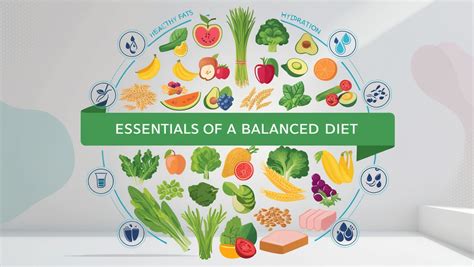
The Unsung Hero: Hydration
Often overlooked, proper hydration is absolutely critical for peak physical and mental performance. Even mild dehydration can lead to a significant drop in energy, impaired endurance, reduced strength, and increased perception of effort. Water helps transport nutrients, regulate body temperature, and lubricate joints.
Aim to drink plenty of water throughout the day, not just during your workout. For intense or prolonged exercise, consider an electrolyte-enhanced beverage to replenish lost sodium and potassium, especially in hot conditions. Start hydrating well before your workout, sip during, and rehydrate thoroughly afterwards.
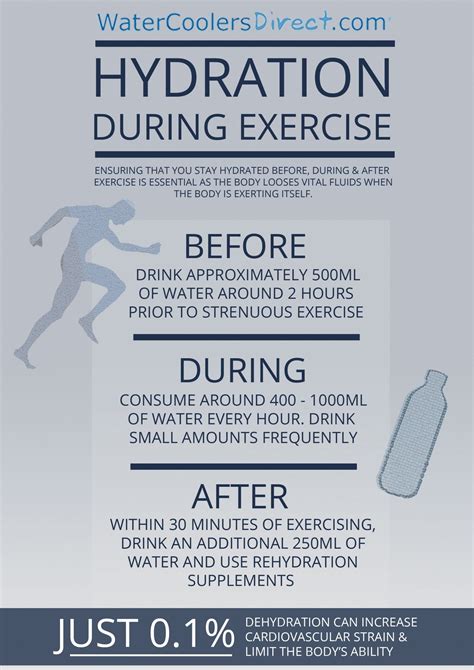
Timing is Everything: Pre, Intra, and Post-Workout Fuel
What you eat is important, but when you eat it can make all the difference in preventing energy crashes.
Pre-Workout Fuel (1-3 Hours Before)
A balanced meal consisting of complex carbohydrates, lean protein, and minimal healthy fats. Examples: oatmeal with berries and a scoop of protein powder, chicken and sweet potato, or a whole-wheat turkey sandwich.
Intra-Workout Fuel (During Exercise)
For most workouts under 60 minutes, water is sufficient. For longer or high-intensity sessions (over 90 minutes), consider easily digestible simple carbs like a banana, energy gel, or diluted sports drink to maintain blood glucose levels and prevent glycogen depletion.
Post-Workout Fuel (Within 30-60 Minutes After)
This window is crucial for recovery. Focus on a combination of carbohydrates and protein (e.g., a 2:1 or 3:1 carb-to-protein ratio) to replenish glycogen stores and kickstart muscle repair. Examples: a protein shake with fruit, Greek yogurt with granola, or chicken and rice.

Finding Your Optimal Fuel Strategy
Every man’s body is unique, and what works for one may not work for another. Pay attention to how different foods affect your energy levels and digestion. Experiment with portion sizes, food types, and timing until you discover the optimal fueling strategy that keeps you energized, strong, and crash-free throughout your workouts and beyond. Consult with a nutritionist or sports dietitian for personalized guidance if needed. By treating your body like a high-performance machine and fueling it with precision, you can unlock your full athletic potential.

